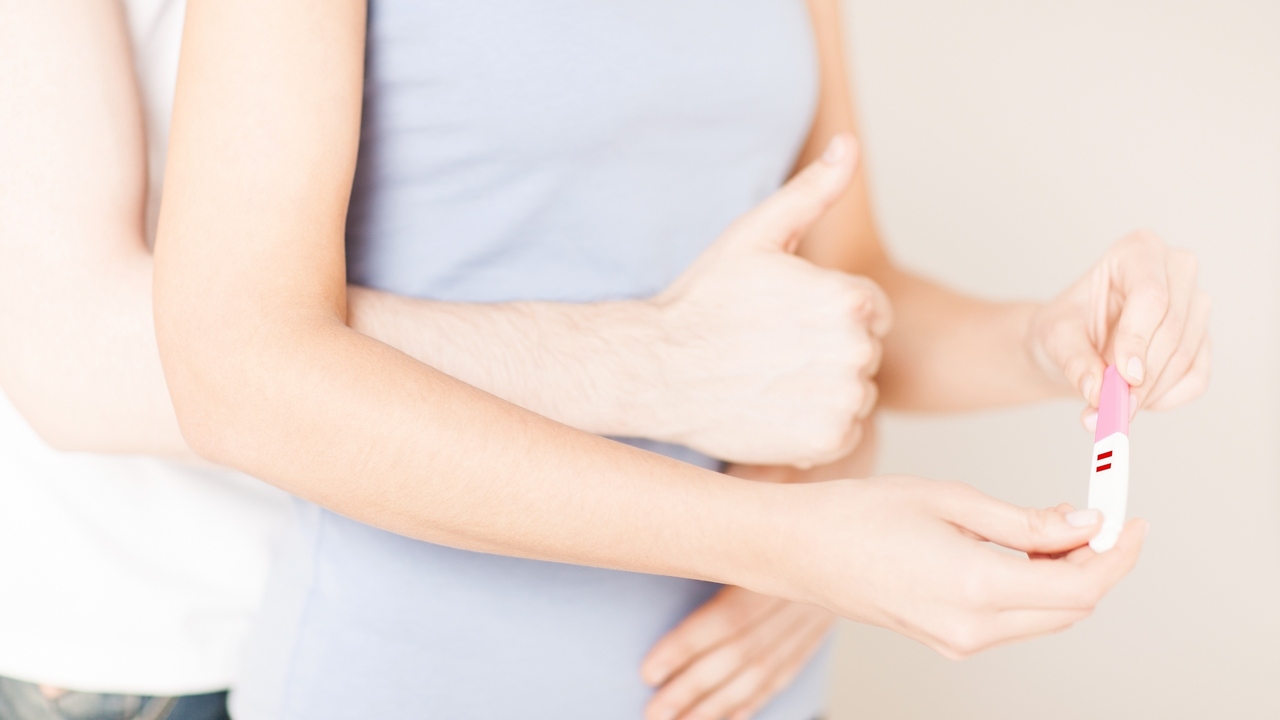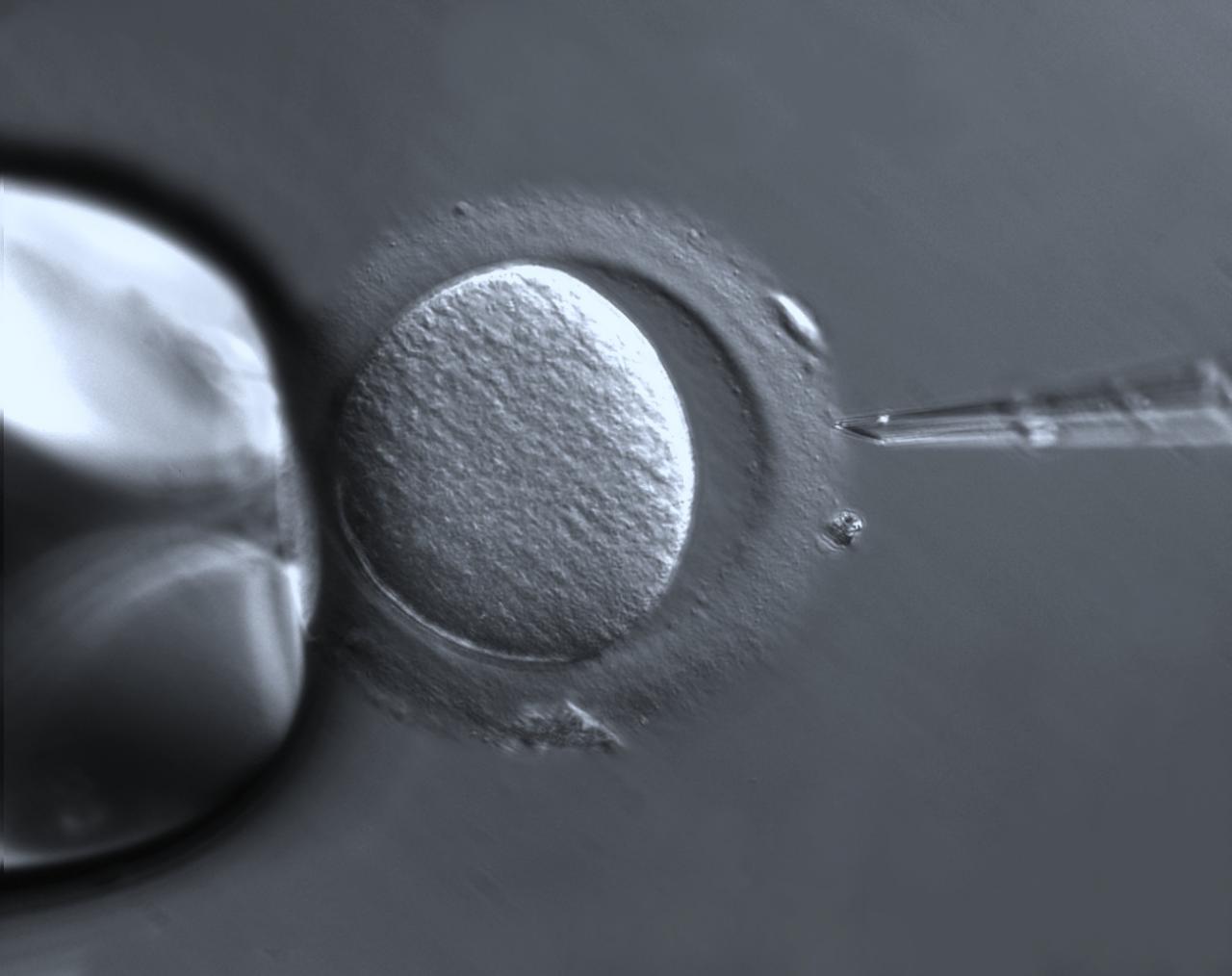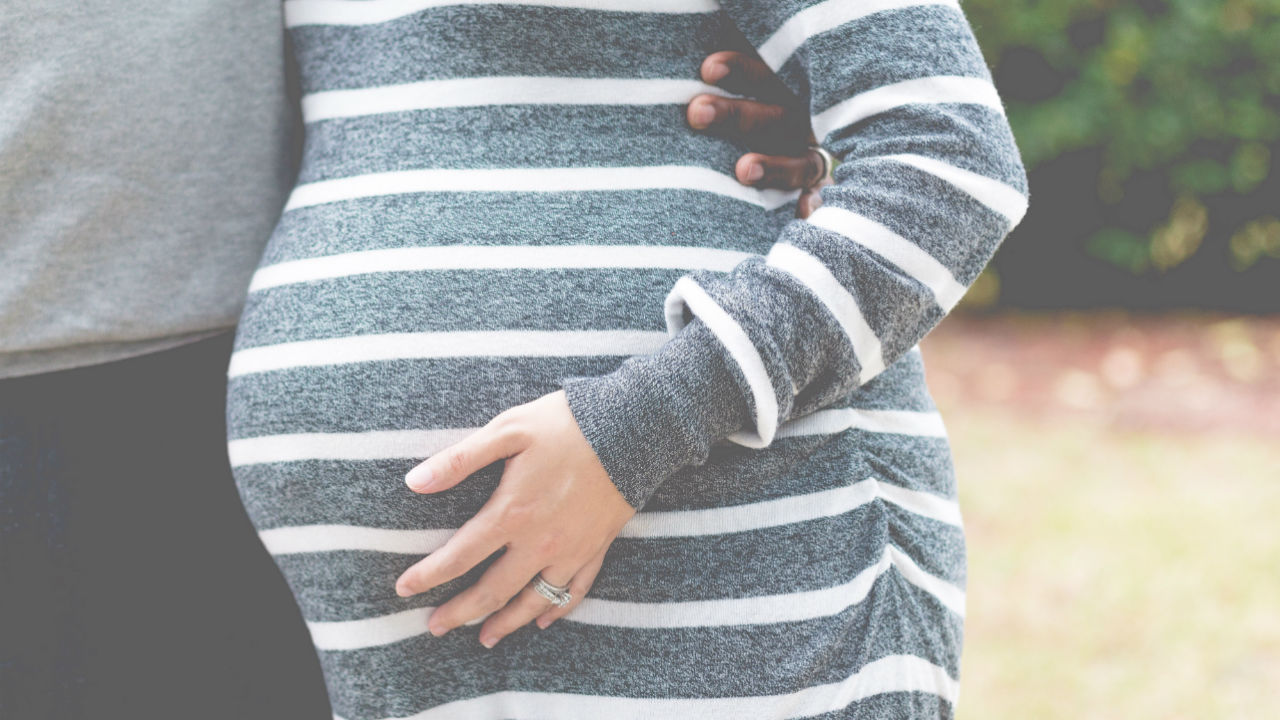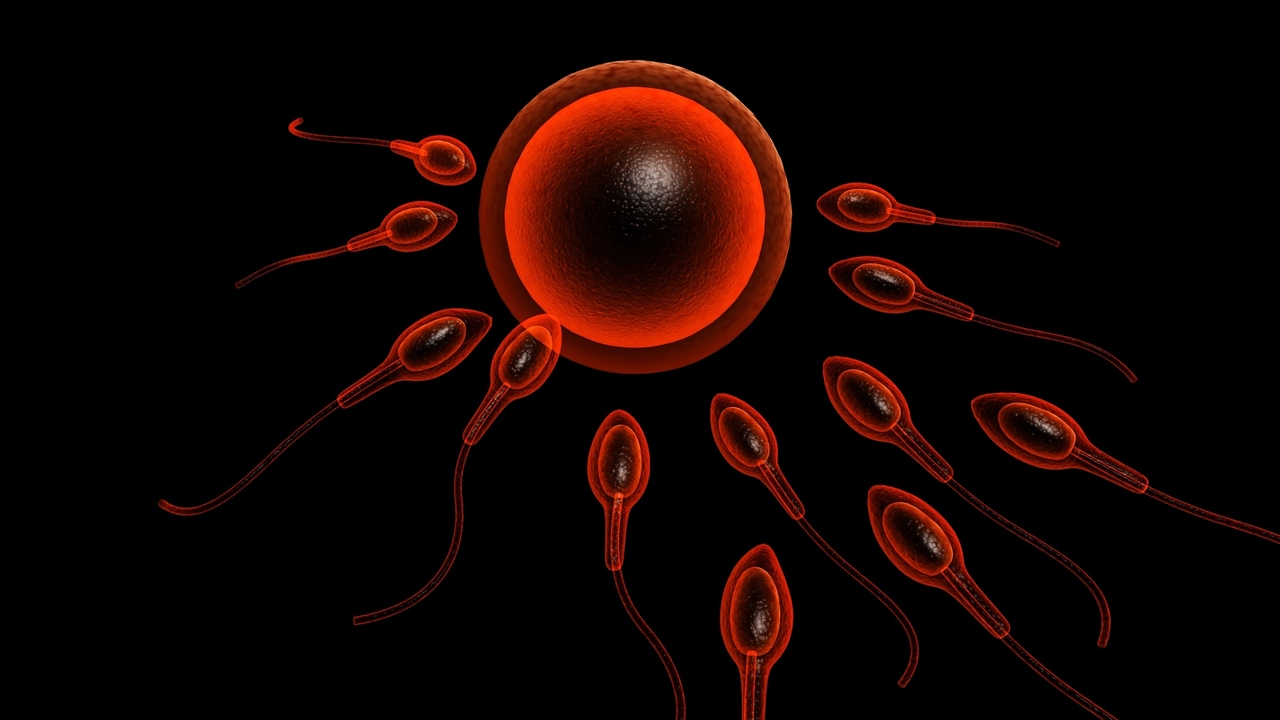 Lev Dolgachov/PhotoSpin
Lev Dolgachov/PhotoSpin
Never did I think I would enter my thirties childless. There was a plan in place: college, career, marriage, meet Sylvester Stallone, write bestselling health books, babies and then my 30th birthday.
As the saying goes, my life hasn’t gone as planned and that’s okay. Fact is, I’m not alone.
In early April of this year, both Time Magazine and The Huffington Post reported that the 2014 U.S. Census shows that an all-time high percentage of American women are childless.
At present, 47.6 percent of women — or nearly half — who are ages 15 to 44 in the United States do not have kids. That is the highest percentage since this stat has been assessed starting in 1976. Looking at my own cohort, 28.9 percent of women 30-34 are childless.
Right now, I’m building my empire, but there is a lot I can do to support my fertility down the road, when I’m ready to build my legacy. Best of all, everything that supports my reproductive health also makes me happier, healthier and fit enough to star as Sylvester Stallone’s daughter in a movie someday.
Stress Management
Fact: Stress kills. It kills quality of life, people, and even chances of reproduction. According to Dr. Stephen Sinatra of the HeartMD Institute, acute stress is behind 75 percent to 95 percent of all visits to primary care providers and the leading cause of sudden death.
Stress wreaks havoc on the every single system in the human body. It negatively affects sleep and messes with hormones. What messes with sleep and hormones, messes with fertility.
Stress management techniques include: counseling, meditation, yoga, exercise, sleep, and overall lifestyle changes aimed at improving quality of life.
Cut Back on Caffeine
In addition to helping with stress reduction, limiting caffeine intake can help support fertility. WebMD cites studies showing that caffeine consumption above and beyond 500 mg a day can harm fertility. Staying below 200 to 250 mg a day shouldn’t have an effect.
As a nutritionist, I know that high caffeine intake is associated with iron deficiency anemia. Iron is a vital mineral for overall health, as well as for conception and a healthy pregnancy. Women have enough trouble as it is with getting enough iron in their diets, no sense draining it out with extreme caffeine intake.
Folate
Folate is a type of B vitamin that is necessary for healthy neural tube development for Baby. It’s needed in the first three to four weeks of pregnancy, which is a time when most women don’t even know they’re pregnant yet.
Folate has plenty of other health benefits and is water soluble, meaning the excess is peed out. Makes sense that women in their childbearing years should make sure there is at least 400 mcg of folate in their multivitamin.
Sleep
Sleep is the body’s time to repair from the day before, and to prepare for the day ahead. Getting a good night’s rest is one of the best things a person can do for their health. Consistent, quality sleep is great for overall health and hormone regulation.
Physical Activity
Being physically fit boosts self-esteem, improves overall health, and helps keep body fat in the healthy range needed to conceive. Additionally, keeping a strong healthy core, especially lower back muscles, will reduce the pain and strains of pregnancy plus, help the return to pre-pregnancy weight after the baby is born.
Healthy Diet
Regularly eating the same foods that support conception helps support overall health, and will create nutrient stores for when it’s time to start baby-making.
Choose fall-colored produce — red, orange, yellow and dark green — for vitamin A. Make sure to get plenty of healthy, lean, natural proteins from meat, nuts, seeds, beans and eggs. Nuts and seeds are going to offer the dual benefit of providing omega-3 fatty acids for conception, baby brain development and postpartum healing.
See Your Doctor to Get the Facts
Fretting over fertility is not going to help anything. Make and keep annual visits with your OB/GYN and ask what tests can be done to assess fertility. Additionally, ask for their recommendations on supporting your reproductive health.
Sources:
Stress Kills: Don’t Take It Lightly. June 16, 2015. HeartMDInstitute.
http://www.heartmdinstitute.com/126-hmd-root/hmd-articles/46-when-stress-gets-on-your-nerves6
Fertility Health for Women. June 16th, 2015. FertilityFactor.com.
http://www.fertilityfactor.com/infertility_womans_health.html
Reviewed June 18, 2015
by Michele Blacksberg RN
Edited by Jody Smith






Add a CommentComments
There are no comments yet. Be the first one and get the conversation started!